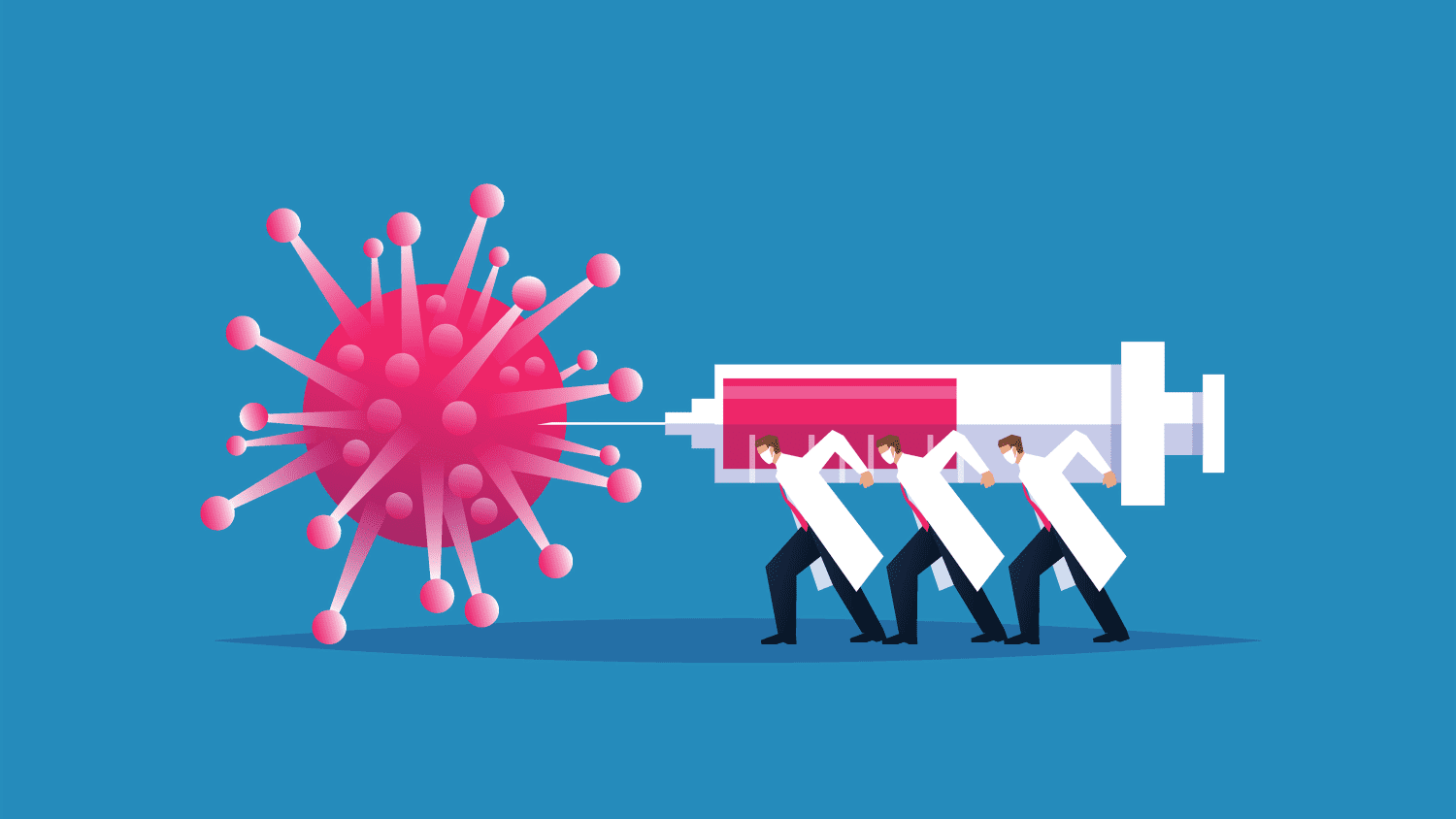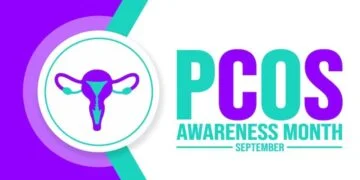According to a new UVA Health study, antibodies produced by Pfizer’s COVID-19 vaccine rise more slowly and decline more quickly than antibodies produced by the Moderna vaccine. The study also discovered that older Pfizer vaccine recipients produced fewer antibodies than younger recipients – but not for Moderna, where age did not appear to be a factor.
The researchers discovered that both vaccines produced comparable peak levels of COVID-fighting antibodies. This finding contradicts a previous study from the same group, which found that antibodies were higher after Moderna, but they believe the difference can be explained by the faster rate at which the Pfizer antibodies decline. They believe that future research should carefully consider the time frame from vaccination when assessing peak antibody response.

While the Pfizer and Moderna vaccines are similar, there are differences in their formulations and the amount of mRNA they contain, according to the researchers. This could explain why they produce different antibody responses. Time between doses could also be an important factor.
It’s critical to understand that antibody levels are a crude tool for assessing vaccine effectiveness; doctors aren’t even sure there’s a direct link between antibody levels and COVID-19 protection. Antibody levels naturally decline after vaccination or illness, but the immune system remembers how to produce the required antibodies when confronted with the virus again. The most important story has already been told: all three vaccines tested in UVA’s study performed remarkably well in terms of protecting against severe illness, hospitalisation, and death.
Understanding how antibody levels decline, on the other hand, may aid doctors and policymakers in determining when booster shots are required and who should receive them. The study discovered, for example, that older recipients of Pfizer’s vaccine produced fewer antibodies than younger recipients. This was evident within the first three weeks and was confirmed four to six months later. This was not the case for Moderna recipients, as age did not appear to be a factor. This suggests that booster shots may be more beneficial to older Pfizer recipients than to older Moderna recipients, though further research is required.
The researchers also noticed that men produced fewer antibodies than women, but, contrary to previous reports, this was deemed statistically insignificant.
The researchers point out that it is unclear whether the Moderna vaccine’s increased antibody response translates into better real-world protection. The study, however, may help explain emerging differences in COVID-19 infection rates seen among recipients of the various vaccines, they say.
“Both Pfizer/BioNTech and Moderna have proven to be very effective in protecting against severe disease,” said senior author Jeffrey Wilson, MD, PhD. “However, our study builds on others that have shown some subtle differences in outcomes that favour Moderna.” “This could be especially true in higher-risk populations, such as older subjects or those with immune-suppressed conditions.”

Publication of findings
The findings were published in the scientific journal Frontiers in Immunology. Behnam Keshavarz, Nathan E. Richards, Lisa J. Workman, Jaimin Patel, Lyndsey M. Muehling, Glenda Canderan, Deborah D. Murphy, Savannah G. Brovero, Samuel M. Ailsworth, Will H. Eschenbacher, Emily C. McGowan, Barbara J. Mann, Michael R. Nelson, Alexandra Kadl, Judith A. Woodfolk, Thomas A.E. Platts-Mills and Wilson disclosed that they received unrelated assay support from Thermo-Fisher/Phadia. Wilson has also received consulting fees from the company that have nothing to do with the research.








































